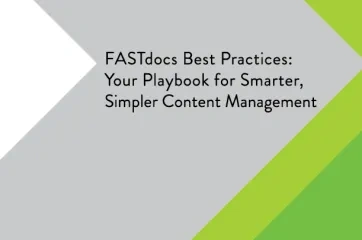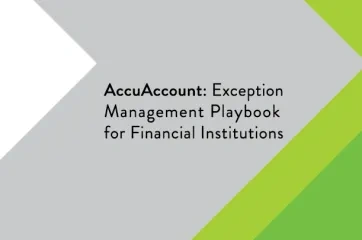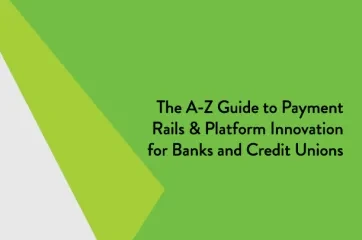Software to Track a Loan Portfolio
Modern banks and credit unions rely on a variety of software to track their loan portfolios. When strategically implemented, loan portfolio tracking software can provide banks with a global view of their investments. Although definitions may vary from institution to institution, “loan portfolio tracking software” is typically used by banks to perform one or more of the following:
- Stress testing by industry
- Identifying and reporting on exceptions
- Analyzing delinquency rates
- Supporting compliance
1. Software for Stress Testing
Financial institutions strive for diverse loan portfolios to buffer against industry fluctuations in order to reduce risk. Certain types of loan portfolio software are built to support ongoing stress testing by analyzing the percentage of loans that a financial institution has in various markets.
If, for example, a large amount of an institution’s loans are in the residential real estate market and this sector saw a major downturn, the bank or credit union would be greatly impacted. Or, consider an institution that extends a large number of land development loans or overly engages in speculative lending. If the housing market were to sharply decline, builders may not be able to sell these new houses and could not repay their loans, putting the financial institution’s viability in danger.
A prudent bank or credit union uses software to test for these types of risks and leverages the insights to continuously balance its loan portfolio.
2. Software for Exception Tracking
Exception tracking refers to the identification and securing of any missing documentation in the original loan file as well as the periodic updating of information. On the consumer side, this could include checking that a borrower’s insurance policy is up to date or filing a UCC continuation for a commercial loan.
Loan portfolio tracking software with built-in exception tracking—whether native to the core or a third-party application like AccuAccount—helps banks streamline the administrative aspects of lending and reduce risk, particularly in commercial lending relationships.
3. Software for Delinquency Reporting
Banks and credit unions also use loan portfolio tracking software to maintain a comprehensive view of delinquencies. Delinquency reports keep institution managers informed about the overall health of the loan portfolio and contain insights to understand the institution’s bad loans across both consumer and commercial categories.
4. Software for Maintaining Compliance
Lastly, loan portfolio tracking software supports ongoing compliance initiatives. Examples include:
- Sending disclosures to customers
- Generating cure notices: If a consumer loan becomes delinquent, a bank or credit union must send a cure notice to the customer or member. This notifies them that they have a specific period of time to bring their loan up to date or legal action will be started.
- Analyzing escrow: Financial organizations are obligated to calculate overages or shortages in escrow and remedy with the borrower.
- Informing of rate changes: Banks and credit unions are required to issue written notification of any increase or decrease in an account’s interest rate.
Loan Portfolio Tracking Resources
For more information about loan portfolio tracking, be sure to check out our extensive resource library with free spreadsheets, whitepapers, and eBooks.
Searching for more banking definitions? Check out our banking definitions page.







